Training a dog can be a joy — or a real test of patience — depending on the breed. Border Collies, Golden Retrievers, and Poodles are known for soaking up commands like sponges and love pleasing their humans. These eager learners make obedience feel like a breeze. But then there are breeds like the Afghan Hound, Beagle, or Chow Chow, who prefer doing things on their own terms. They’re intelligent, yes — but stubborn and independent to the core. Knowing a breed’s temperament can make a world of difference when it comes to successful training. Pick the right match, and you’ll have a loyal companion who actually listens!
Border Collie: The Einstein of the Dog World
If you’ve ever watched a Border Collie in action, you know they’re basically the valedictorians of the canine class. Born with a laser-sharp focus and a boundless desire to please, these dogs catch onto new commands faster than you can say “sit.” It’s almost spooky how quickly they figure out what you want. Whether it’s agility courses, herding sheep, or just fetching your slippers, Border Collies seem to thrive on learning and working side by side with their humans.
Their intelligence isn’t just impressive—it’s inspiring. But be warned, if you don’t keep their minds busy, they’ll invent their own games, like reorganizing your laundry or “herding” your kids. For active families or dog sport enthusiasts, the Border Collie is pure joy. But they do need a job. Give them a challenge, and you’ll both be happier for it.
Poodle: The Clever Crowd-Pleaser
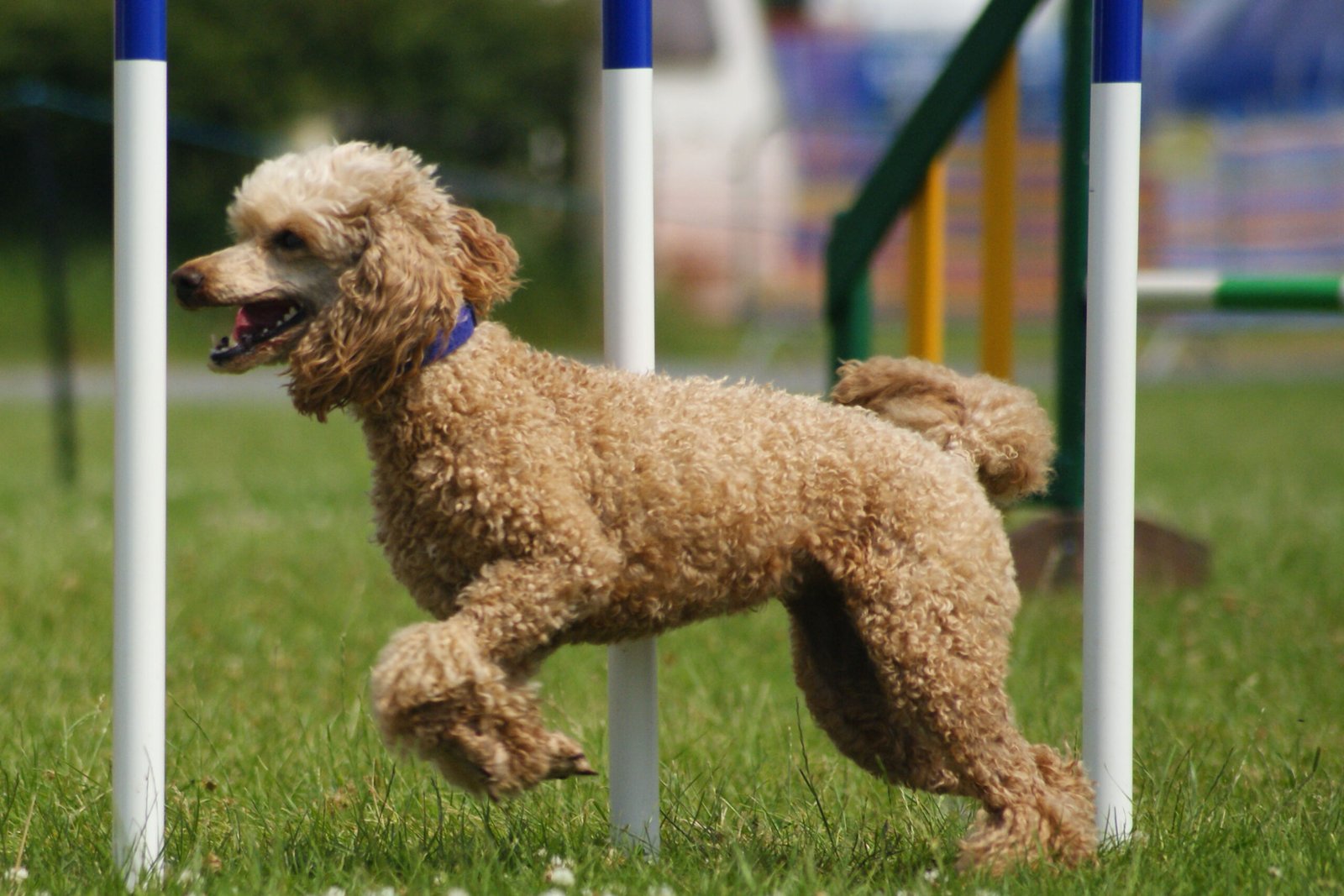
Poodles sometimes get a reputation for being posh, but beneath that curly coat is a razor-sharp mind. Standard, Miniature, or Toy, they all share an eagerness to learn and an uncanny knack for reading human emotions. Training sessions with a Poodle often feel more like a conversation than a command performance—they’re quick to pick up new tricks and thrive on positive feedback.
What makes Poodles especially delightful is their playful spirit. They love puzzles, games, and tasks that involve thinking outside the box. These dogs excel in obedience, therapy work, and even canine sports. Poodles are proof that brains and beauty can go hand-in-hand. If you’re looking for a dog who loves learning as much as you do, a Poodle might just be your soulmate.
Golden Retriever: The People-Pleaser Extraordinaire
Is there a dog breed more universally adored than the Golden Retriever? Their sunny disposition and desire to make you happy turn training into a genuine pleasure. Goldens live for praise, treats, and a pat on the head—making them highly responsive during training sessions. They seem to intuitively understand what you want, and they genuinely want to do it right.
Golden Retrievers are especially good with families and kids. Their patience is legendary, and they rarely get frustrated during learning. Whether you’re teaching basic manners or advanced tricks, Goldens approach every task with a wagging tail and a can-do attitude. Their emotional intelligence means they’re also excellent therapy and service dogs.
Labrador Retriever: The Reliable Overachiever
Labs are the Swiss Army knives of the dog world—versatile, dependable, and always up for a new challenge. Their high food motivation makes them eager participants in training, and their love for human companionship means they’ll work hard to earn your approval. Labs excel in everything from search and rescue to guide work to just being your jogging partner.
Training a Labrador is often a breeze because they’re so naturally cooperative. They’re curious but rarely stubborn, and they bounce back quickly from mistakes. Their gentle nature makes them wonderful for first-time dog owners or families with young children. Labs are living proof that good-natured dogs can also be quick studies.
German Shepherd: The Loyal Scholar
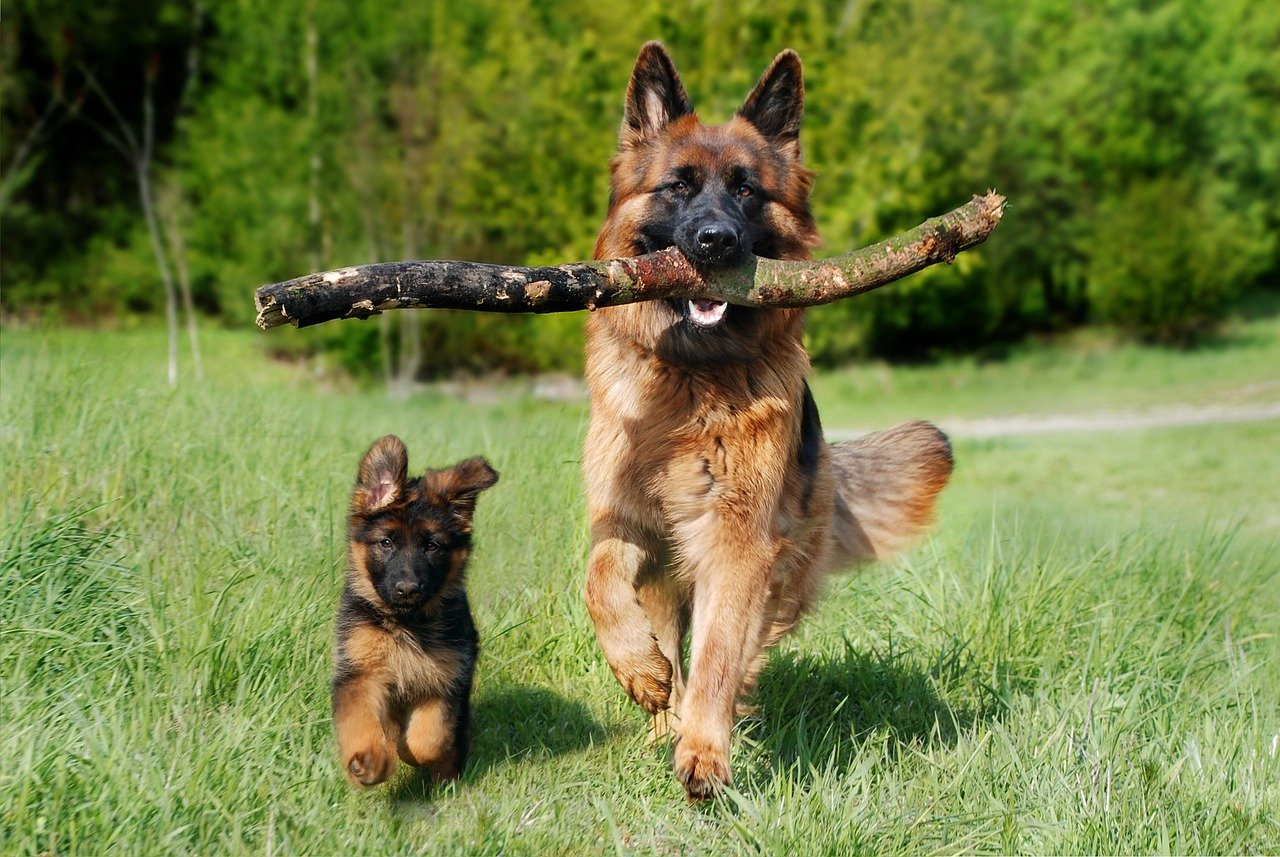
German Shepherds are famous for their work with police, military, and service organizations, and it’s easy to see why. Their intelligence, courage, and loyalty make them highly trainable—almost to a fault. They crave structure and authority, and they thrive when given a sense of purpose. With a German Shepherd, consistency is key, but once you establish trust, they’ll move mountains for you.
They’re not just brawn—they’re brains, too. German Shepherds quickly pick up commands and complex tasks, often surprising their owners with their problem-solving skills. A well-trained Shepherd is a marvel to behold, combining grace, power, and obedience like no other breed.
Shetland Sheepdog: The Mini Powerhouse
Don’t let their fluffy, fox-like appearance fool you—Shetland Sheepdogs (or Shelties) are little workaholics. They’re always eager to learn and please their people. Their intelligence is up there with Border Collies, and they have a sensitive side that makes positive reinforcement especially effective.
Shelties are naturals at dog sports, from agility to obedience trials, and they thrive on routine and mental stimulation. Their gentle disposition means they respond best to kind, consistent training. If you want a smaller dog who learns at lightning speed and loves being part of your “herd,” a Sheltie is a wonderful choice.
Doberman Pinscher: The Elegant Learner
Dobermans might look intimidating, but underneath that sleek exterior is a heart that beats for its family. They’re incredibly smart and take to training with enthusiasm. Dobermans are keen observers—they pick up on your mood, your tone, and even your body language, making them highly responsive to training cues.
What’s striking about Dobermans is their loyalty. They want to work with you, not just for you. Early socialization and firm, positive training are key, but once you have their trust, Dobermans are eager, obedient partners. They thrive on challenges and love learning new skills, whether it’s obedience, protection, or even trick training.
Beagle: The Stubborn Sweetheart
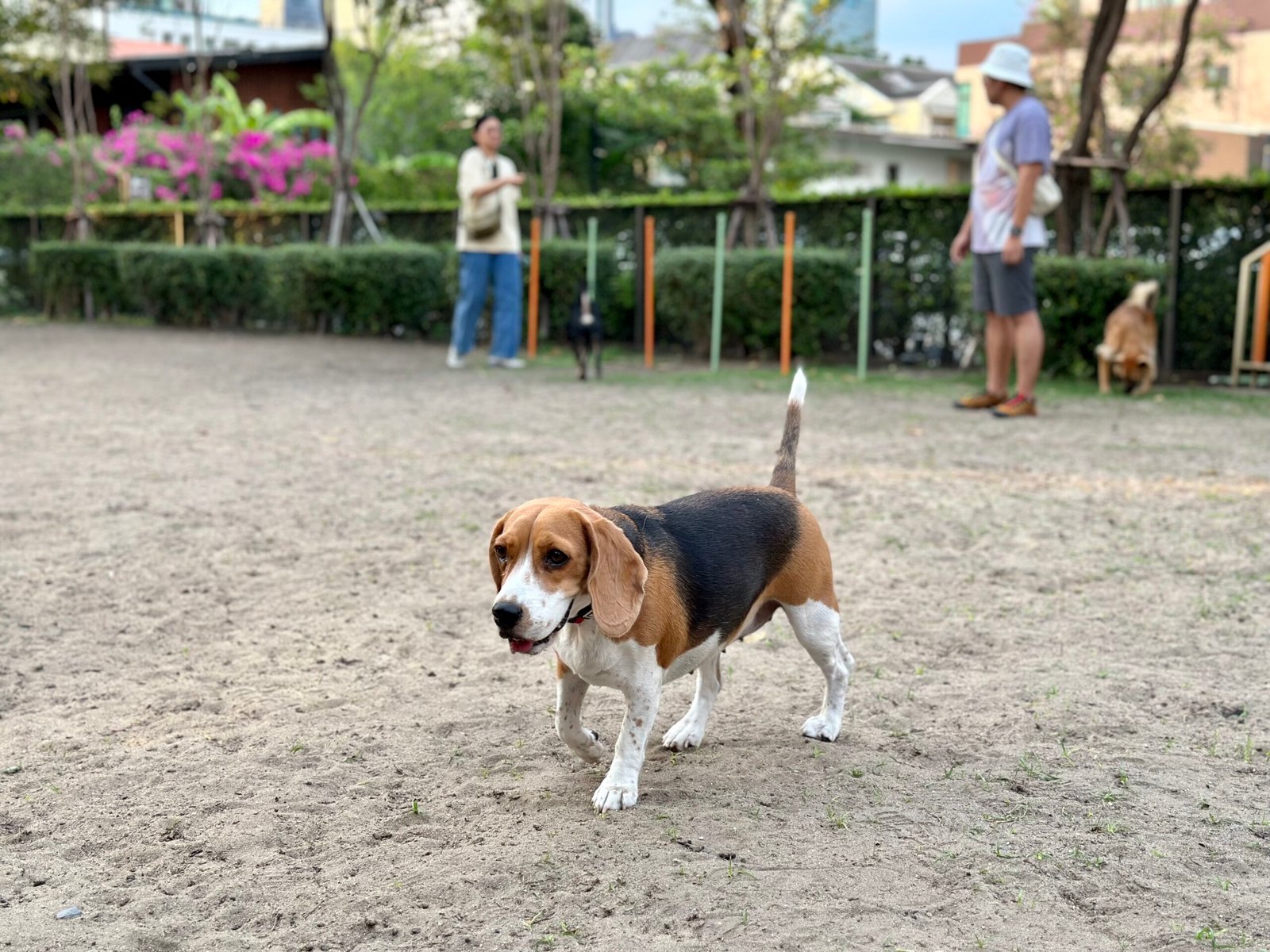
Now, let’s flip the script. Beagles may have puppy-dog eyes and a nose for adventure, but their independent streak can make training an exercise in patience. These hounds follow their noses—sometimes right out the door and down the street. They’re clever enough to learn commands, but convincing them that your way is better than their nose’s way is a different story.
Training a Beagle requires creativity and a sense of humor. They respond well to food rewards, but their attention span can be as short as a squirrel’s. If you’re up for the challenge, a Beagle will keep you laughing—and sometimes sighing in exasperation. Just remember, persistence pays off!
Afghan Hound: The Aloof Aristocrat
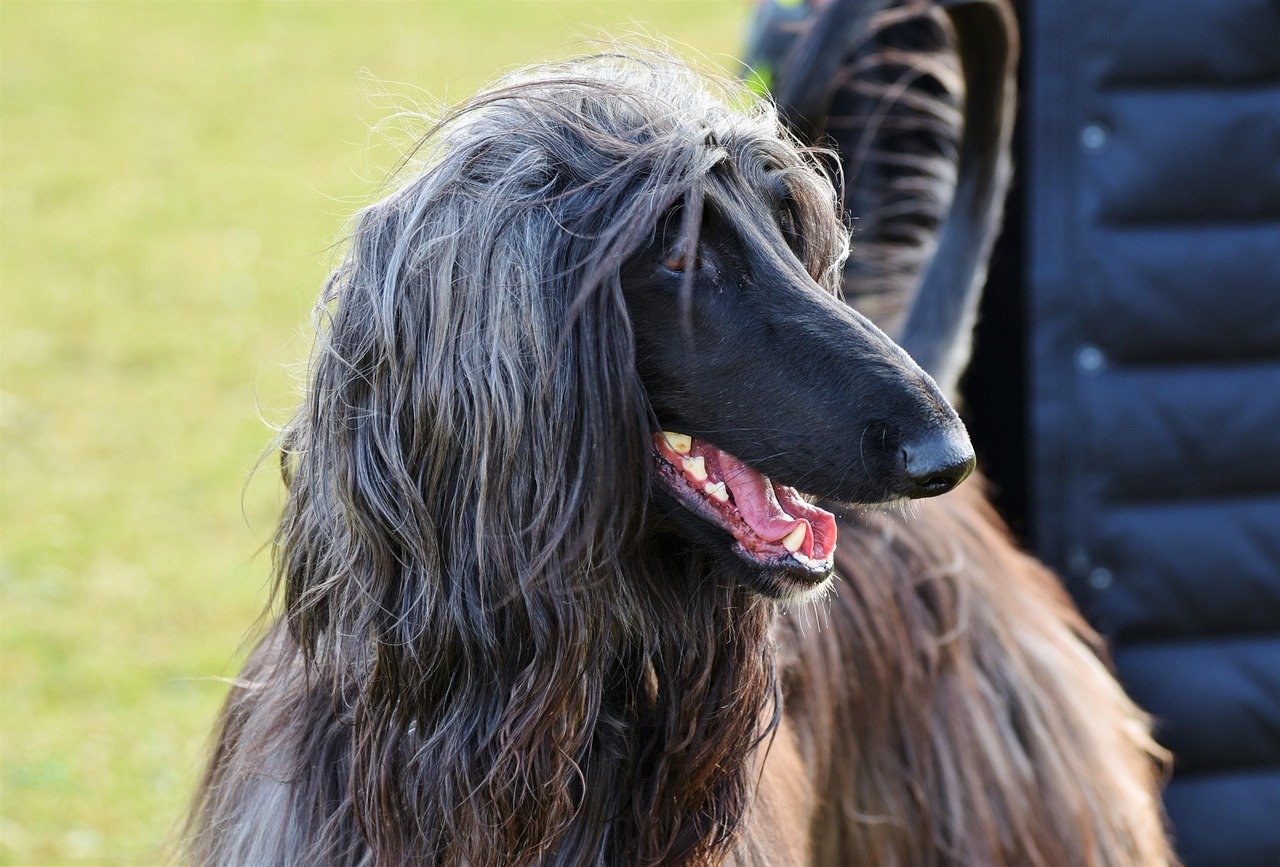
With their flowing locks and regal posture, Afghan Hounds look like they belong on a runway. But their beauty comes with a price: an independent mind. Afghans are famously aloof and often seem to weigh every command, deciding whether it’s worth their time. They’re not motivated by the usual treats or praise—sometimes, they just want to do things their way.
This breed will test your patience, but for those who appreciate a challenge, training an Afghan can be deeply rewarding. They need short, positive sessions and lots of encouragement. If you’re hoping for instant obedience, look elsewhere. But if you have a sense of humor and an appreciation for quirkiness, you might just enjoy the journey.
Chow Chow: The Willful Lion-Dog
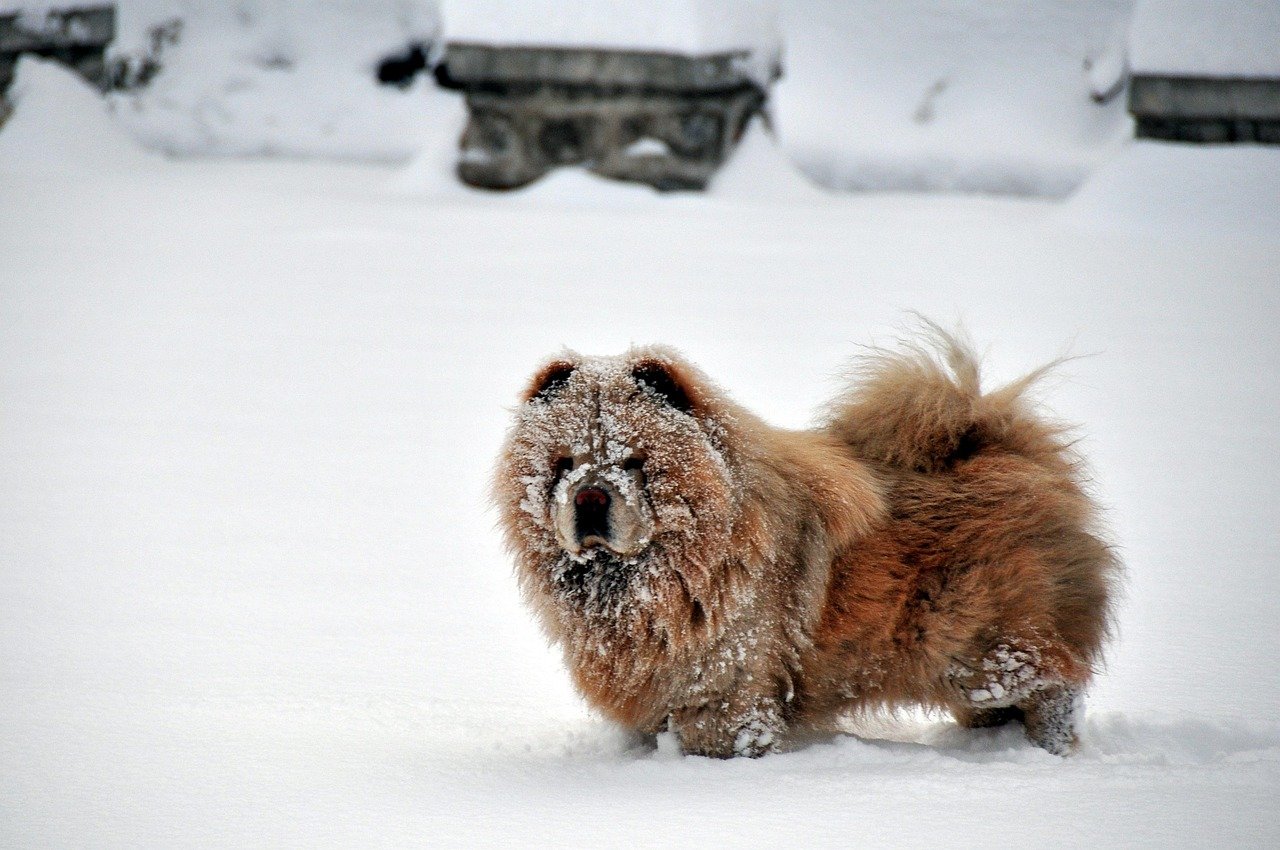
With their lion-like manes and dignified air, Chow Chows are a study in independence. Don’t mistake their calm for compliance—these dogs have strong opinions about everything, including training. Chows are notorious for stubbornness; they’ll often look at you as if to say, “Are you sure you know what you’re doing?”
Training a Chow Chow requires patience, assertiveness, and a soft touch. They don’t respond well to harsh corrections, but they also won’t jump through hoops for praise. Early socialization is critical, as is finding what truly motivates them. For those willing to earn a Chow’s respect, the bond can be extraordinary—but expect a few power struggles along the way.
Bulldog: The Laid-Back Rebel

Bulldogs are lovable, stocky, and full of character—but training them can be an exercise in comic frustration. They’re stubborn, yes, but also endearingly lazy. Sometimes, it feels like you’re training a sack of potatoes! Bulldogs know what you want; they just don’t always care to do it, especially if it involves moving too much.
Despite their stubbornness, Bulldogs are sensitive souls. They respond best to gentle, positive reinforcement and lots of patience. Training sessions should be short and upbeat—don’t expect a Bulldog to run agility courses, but with persistence and creativity, you can teach them the basics. Their goofy personalities make it all worthwhile.
Basenji: The Independent Adventurer
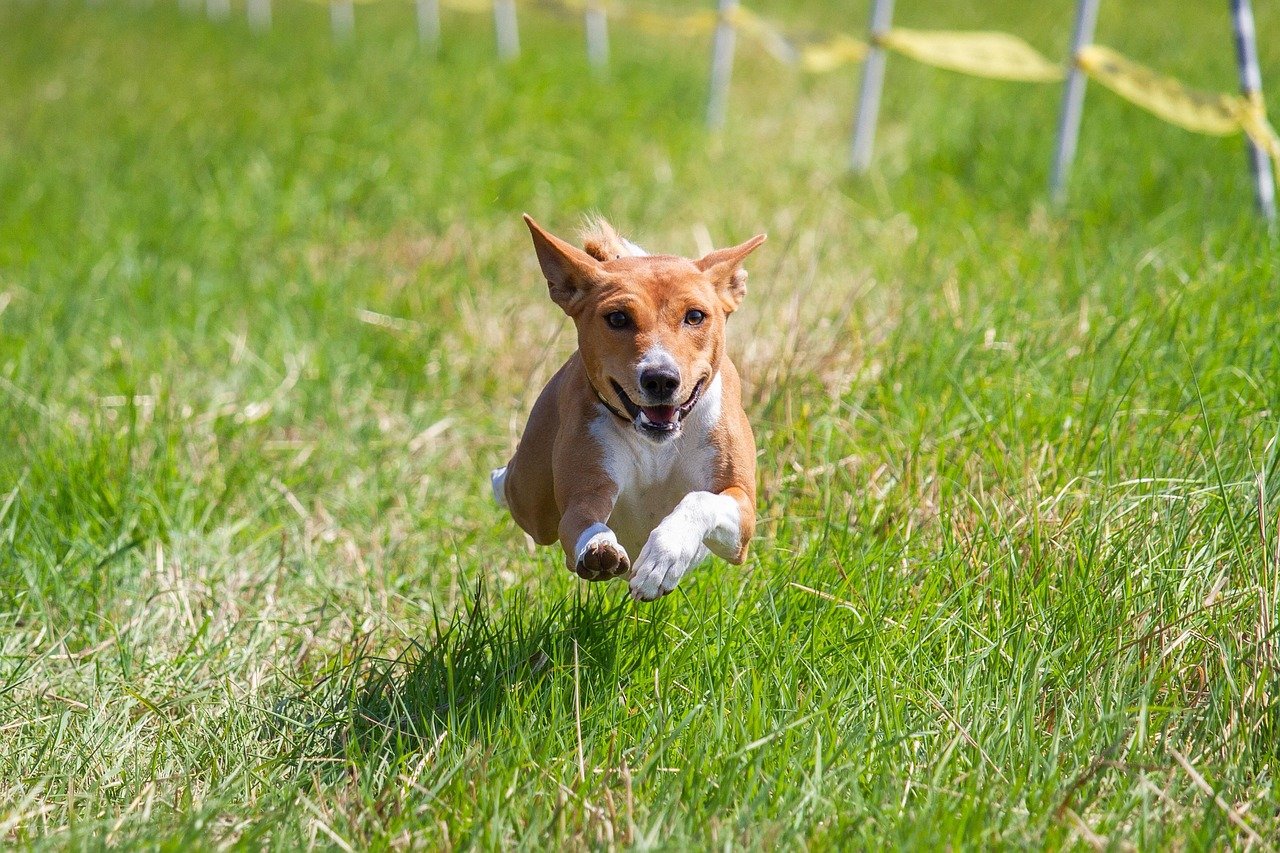
Known as the “barkless dog,” Basenjis are clever, curious, and fiercely independent. They don’t just think outside the box—they live there. Basenjis are quick learners but even quicker to get bored. If training isn’t interesting, they’ll simply walk away or invent their own fun.
Basenjis require inventive, varied training sessions and a strong sense of humor. They are escape artists and can be mischievous, so consistency is key. While they may never be the star pupil in obedience class, they’ll definitely keep you on your toes. For experienced owners who appreciate a challenge, Basenjis offer endless entertainment.
Dalmatian: The Energetic Wild Card
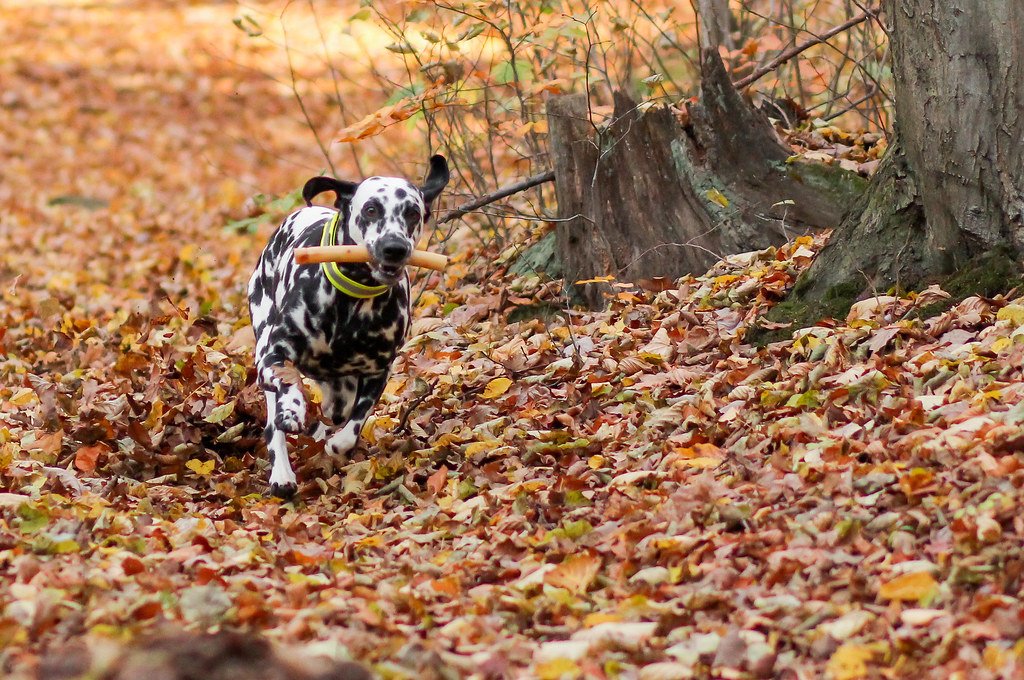
Dalmatians turn heads wherever they go, but their striking looks come with a spirited and sometimes stubborn temperament. These dogs are energetic, intelligent, and easily distracted. Training a Dalmatian can feel like herding a whirlwind—they’re eager to learn but easily bored or sidetracked by the next exciting thing.
To train a Dalmatian, you need patience, creativity, and lots of positive reinforcement. They respond well to games and variety but can get mischievous if left to their own devices. While they can be trained, it often takes longer and requires more effort than with other breeds. The reward? A loyal, fun-loving companion who’s always up for an adventure.
Jack Russell Terrier: The Spirited Dynamo

If you want a dog who can outthink—and outrun—you, look no further than the Jack Russell Terrier. These pint-sized dynamos are packed with energy, intelligence, and a stubborn streak a mile wide. Training a Jack Russell is like trying to outsmart a toddler hopped up on sugar—they’re always one step ahead.
Jack Russells thrive on challenges and need constant mental and physical stimulation. They can learn almost anything, but only if they think it’s worth their time. Consistency, creativity, and a sense of humor are essential. While they might drive you nuts with their antics, life with a Jack Russell is never dull.
Training a dog isn’t always a walk in the park — some pups thrive on learning, while others test your patience at every turn. The key is matching your energy and experience level with the right breed. Whether you love the challenge or crave an eager-to-please partner, understanding their personality makes all the difference. With the right expectations, even the “difficult” ones can become rewarding companions in the end!





